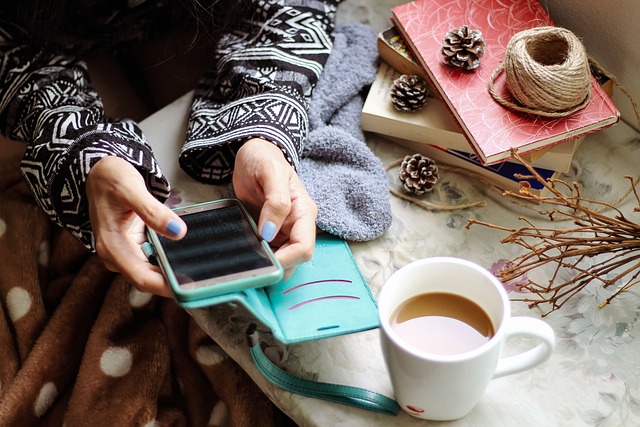
There is social media everywhere. It’s challenging to avoid liking, scrolling, and sharing on social media sites like Instagram for an entire day. However, have you ever had the feeling that you’re using social media excessively? Do you often find yourself grabbing your phone right before bed and in the morning? If so, you may have an addiction to social media.
Defining Social Media Addiction
The obsessive drive to be on social media, frequently at the expense of obligations, relationships, and activities in real life, is known as social media addiction. It’s created to ensure you are always hooked with never-ending notifications, likes, and content by causing your brain to release dopamine, which is linked to reward and pleasure.
Symptoms of Social Media Addiction
Symptoms of social media addiction include the following:
You scroll for hours on end, even when you have important things to get done.
When you are unable to check your phone, you become agitated or nervous.
You frequently contrast your life on the internet with that of friends and influencers.
Excessive use of social media is negatively impacting your relationships, sleep, and academic performance.
Both when you wake up and when you go to bed, you check your phone.
The Effects of Addiction to Social Media
Social media can be entertaining and educational, but excessive use can have drawbacks:
Mental Health Problems: Overuse can result in low self-esteem, anxiety, and sadness.
Sleep Issues: Your sleep cycle is disturbed when you scroll late at night.
Reduced Productivity: You scroll for hours on end, even when you have important things to get done.
Stressed Relationships: Your relationships with friends and family may suffer if you dedicate a huge chunk of your time poring over your phone compared to the time you allocate to other important people in your life.
How to Get Rid of Your Addiction to Social Media
It’s time to regain control of your life in case social media is dominating your life. Here’s how:
- Establish time limits for screens to monitor and restrict the amount of time you dedicate to social media, use applications or phone settings.
- Disable notifications: It’s appealing to glance at your phone when you’re constantly receiving notifications. To observe the difference, for a couple of days, try turning them off.
- Establish phone-free areas to concentrate on in-person conversations; put your phone away before bed, during study sessions, and during meals.
- Look for hobbies offline: Read, play sports, listen to music, or spend time with friends without using electronics.
- Unfollow accounts that are toxic: It’s acceptable to unfollow pages that make you feel self-conscious.
- Take pauses from social media to clear your head: Try a weekly social media-free day or a weekend detox.
Concluding Thoughts
Although social media is a fantastic tool, you should take a break from it when it begins to control your life. You can take charge of your screen time and enhance your mental health by establishing boundaries, recognizing offline activities and being conscious of your actions.
Are you prepared to take on a challenge? See how you feel after full-day of social media detox! Please share your thoughts in the comments section below!


